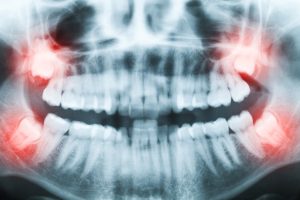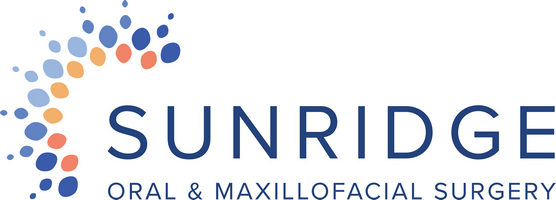I had a great experience, the staff are super nice and very informative. They made sure i was fine and asked if i had any questions, the surgery itself went perfectly smooth. I would recommend them to anyone needing oral surgery. Definitely had a positive experience.
General Information

Understanding why such things can happen may help you to deal with such problems or better still, to encourage you to take preventative measures before they occur. The primary preventative measure for wisdom teeth, is to remove them.
Why should I remove my wisdom teeth?
Removal of wisdom teeth is recommended when these teeth are unable to properly erupt within the mouth. They may come in at various angles, partially break through the gum tissue (partially impacted) or remain completely buried beneath the gum tissue and bone (completely impacted).
When wisdom teeth have broken through the gum tissue (erupted or partially erupted), food and plaque can become trapped between the gum tissue and the tooth. This can result in an infection in the gum tissue around the tooth (called pericoronitis). Additionally, the accumulation of food and plaque can result in decay (cavities) in the wisdom teeth and/or adjacent teeth.
Alternatively, there can be breakdown and inflammation of the surrounding bone, called periodontal disease. Pressure from erupting wisdom teeth may also cause crowding of the remaining teeth. When an individual has undergone orthodontic treatment (braces), wisdom teeth removal is recommended to prevent crowding after the braces have been removed.
Lastly, retaining wisdom teeth can result in the development of dental cysts (odontogenic cysts) or tumors. These cysts or tumors can often cause significant harm to the bone nearby and often times damage healthy teeth.
Removal of impacted teeth resolves these concerns. No one can predict when wisdom teeth complications will occur, however it is estimated that 85% of wisdom teeth will eventually need to be removed. It is generally considered a good idea to remove these teeth when individuals are younger since the surgery tends to be easier and post-operative complications are less likely.
Treatment
A complete dental and medical history, an intra-oral examination and a review of the radiographs will be used by your doctor to determine the appropriate course of treatment. If a problem is detected, removal may be recommended. The following factors will help to determine when and how your wisdom teeth will be removed: level of impaction of the teeth (erupted, impacted, or semi-impacted), root lengths, and patient anxiety level. During your consult, your doctor will review the recommended procedure and the recommended anesthetic (see Anesthesia section). They will also review the pre-operative and post-operative instructions so that you fully understand and feel comfortable with your treatment plan. Questions are encouraged at this time. If you are a patient under the legal age of 18, a parent or guardian must accompany you to the consult to ensure informed consent can be obtained. (See Pre-operative and Post-operative Instructions).
If you have further questions or concerns regarding this procedure please do not hesitate to call our office.


